Morel Mushrooms: Wild, Nutty, and Nutrient-Dense
Morels are prized wild mushrooms with a honeycomb cap, rich in flavor, vitamin D, iron, and antioxidants.
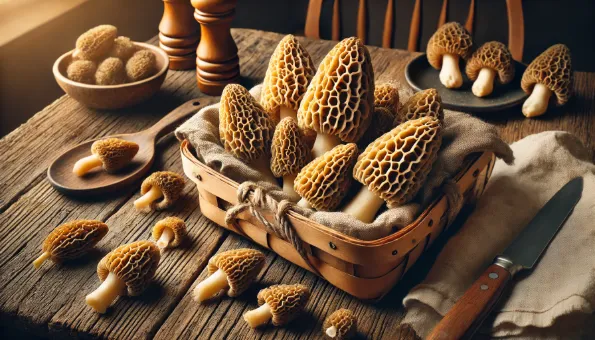
What Are Morel Mushrooms?
Nutritional Profile
Health Benefits
Potential Downsides
How to Use
Summary
- 1. Morel Mushrooms
divlje gljive Morchella spp., šuplje i saća strukture, gurmanski specijalitet
Comments
Povezani postovi
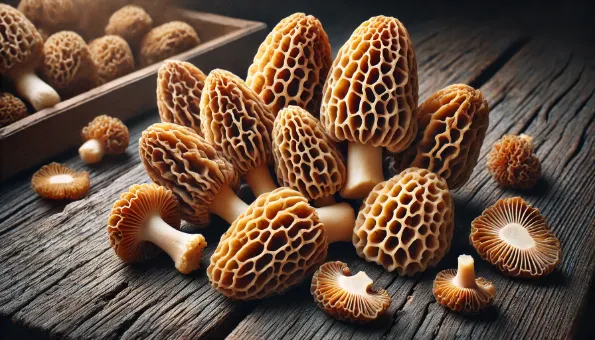
Morel Mushrooms: Wild Honeycomb Caps with Vitamin D & Iron in a 30-Calorie Serving
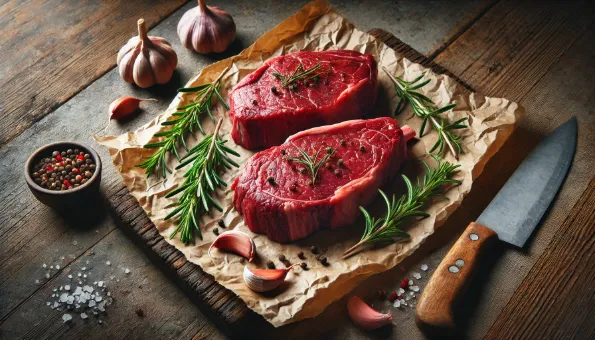
Bison Meat: Lean, Nutrient-Dense Red Meat
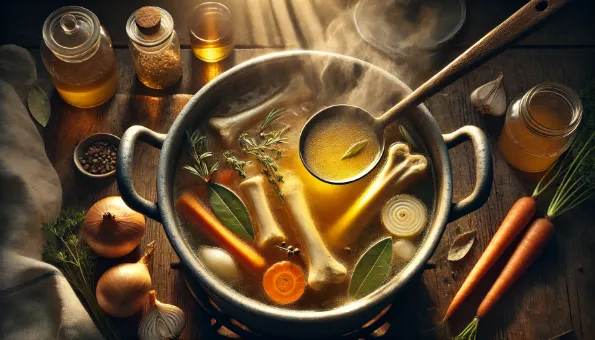
Bone Broth: Slow-Simmered Collagen-Rich Stock
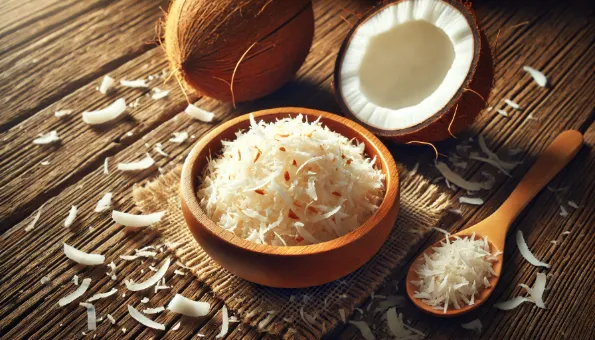
Coconut Flakes: Crunchy, Tropical Topping
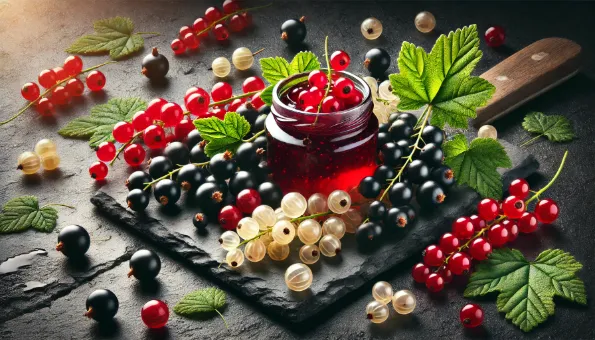
Currants (Black, Red & White): Tart, Juicy Vitamin C Powerhouses
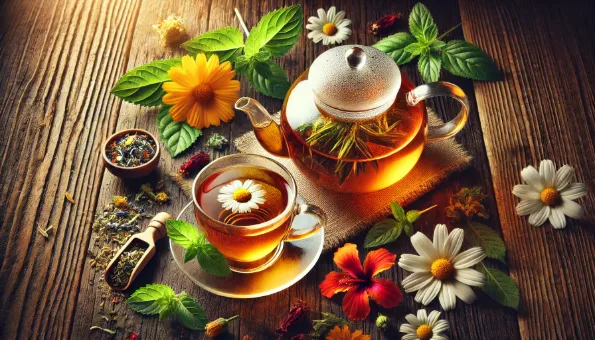
Herbal Tea: Caffeine-Free Infusion for Relaxation & Wellness
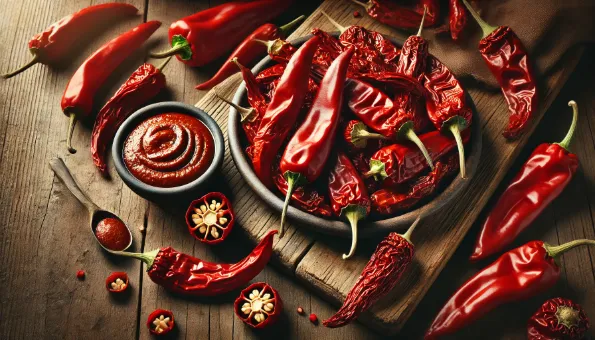
Guajillo Peppers: Fruity, Mild-to-Medium Dried Chilies
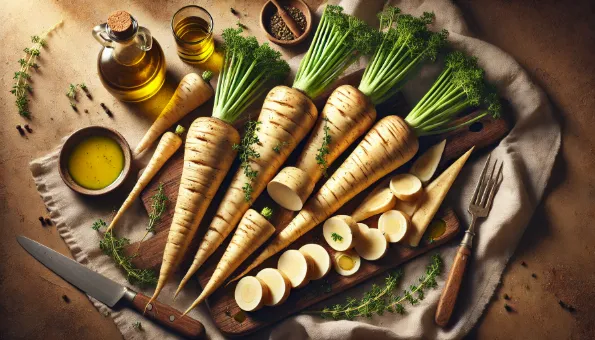
Parsnips: Sweet, Nutty Root Vegetable
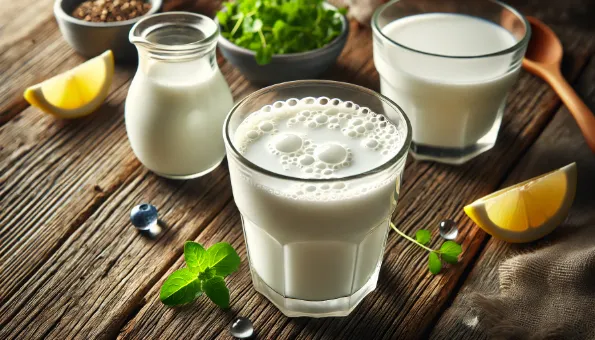
Buttermilk: Tangy, Probiotic-Rich Milk for Baking & Drinking
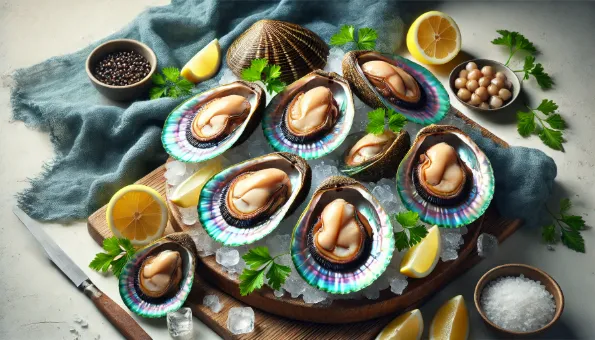
Abalone: Gourmet Sea Snail with Delicate Flavor

